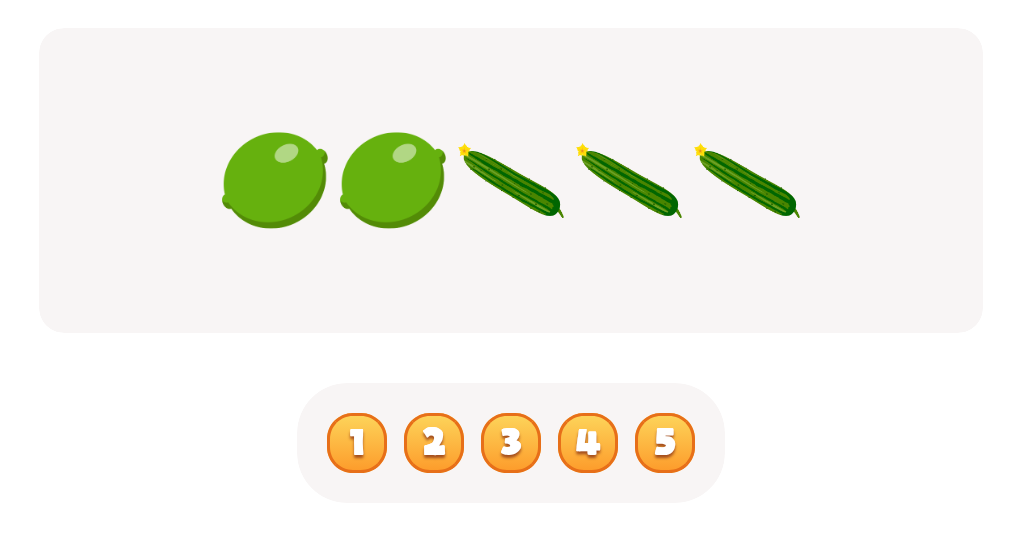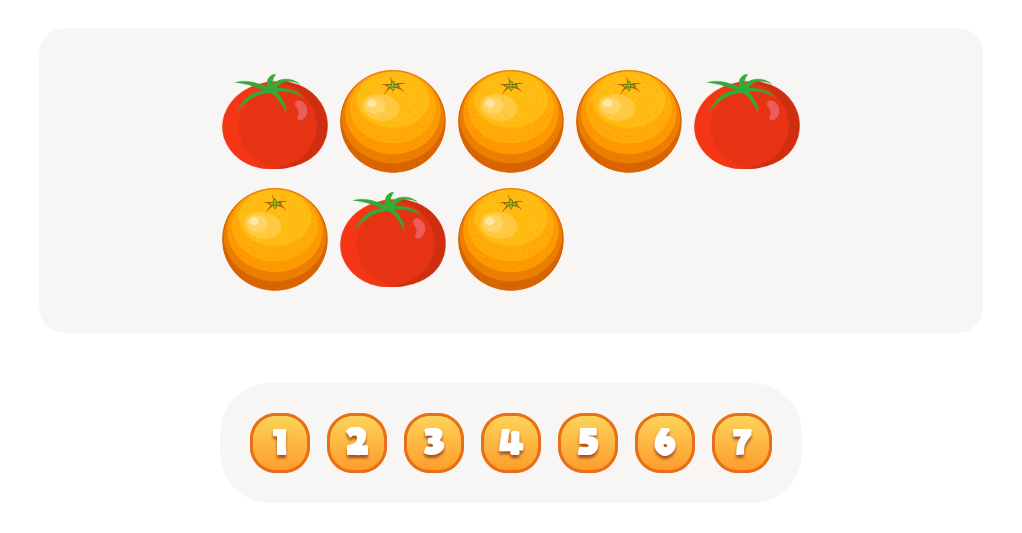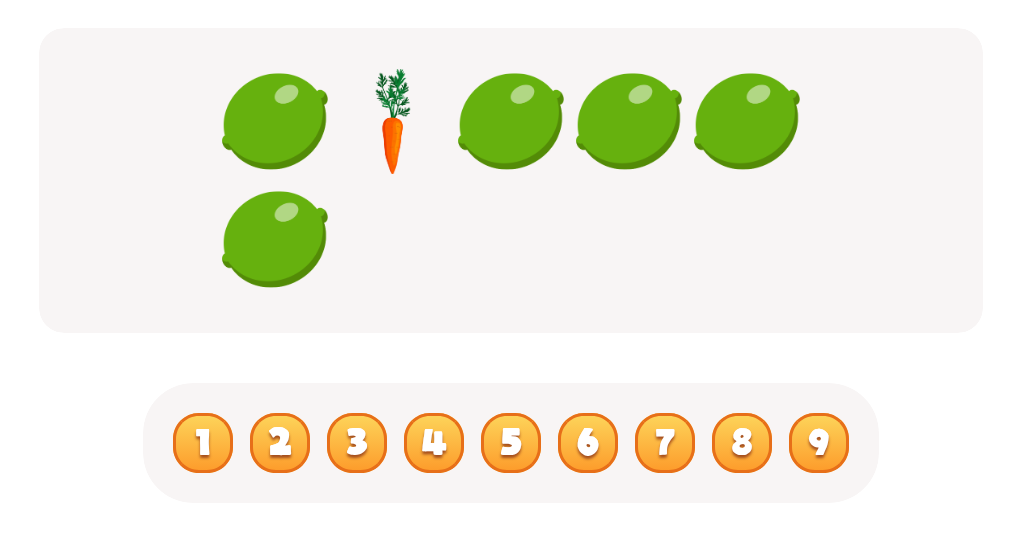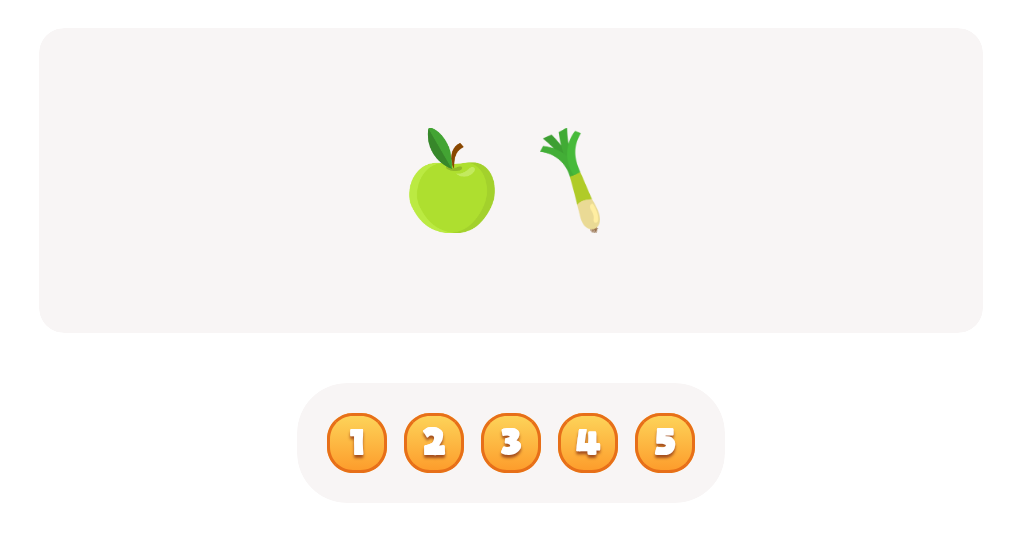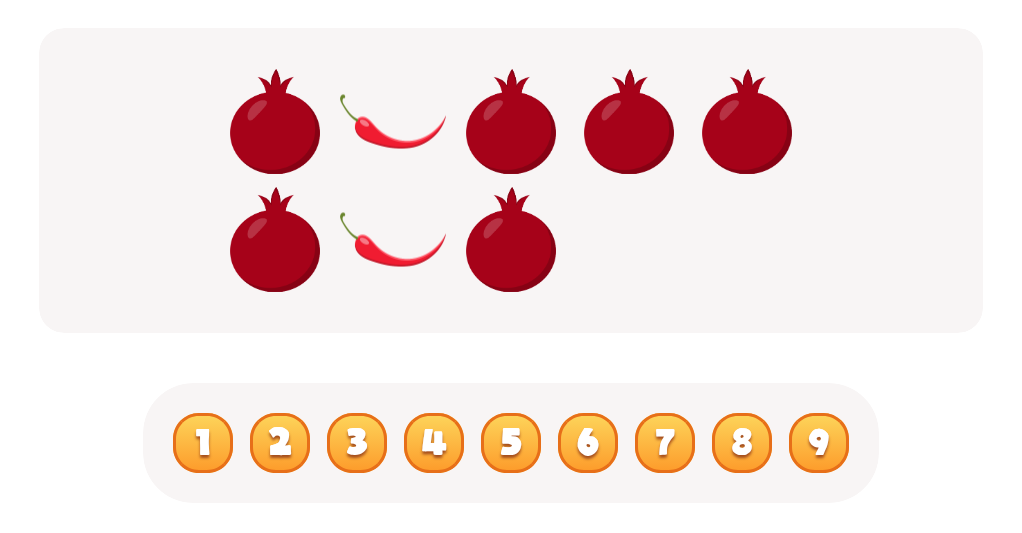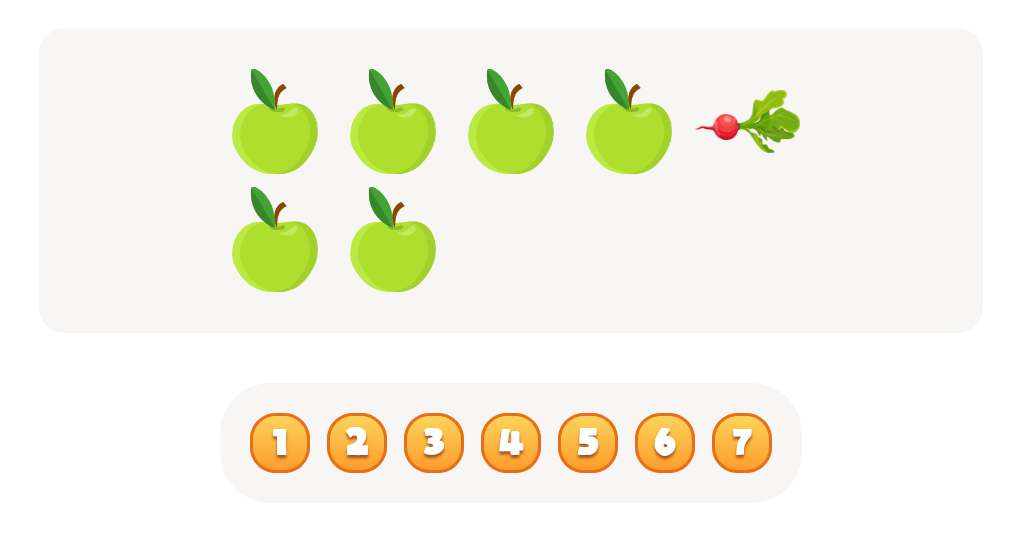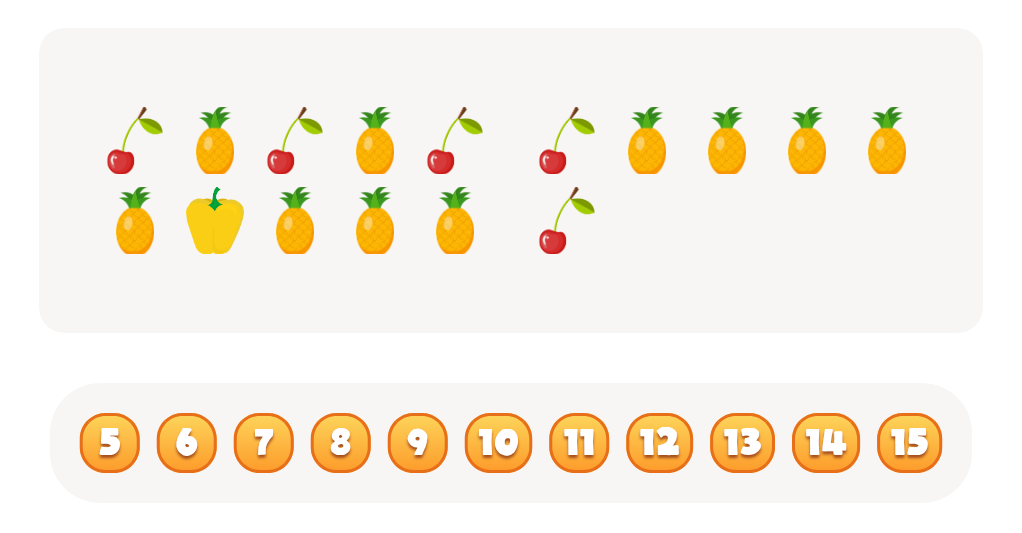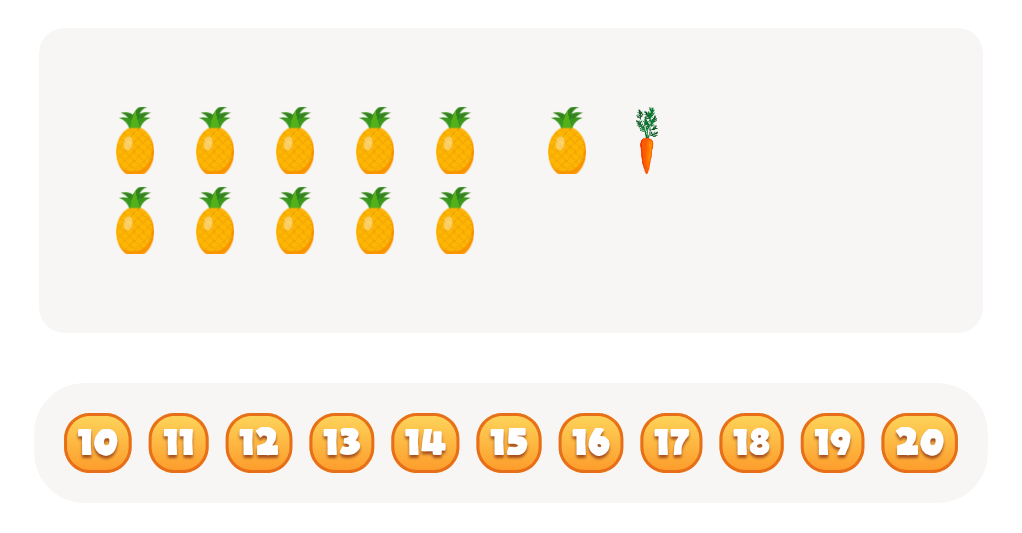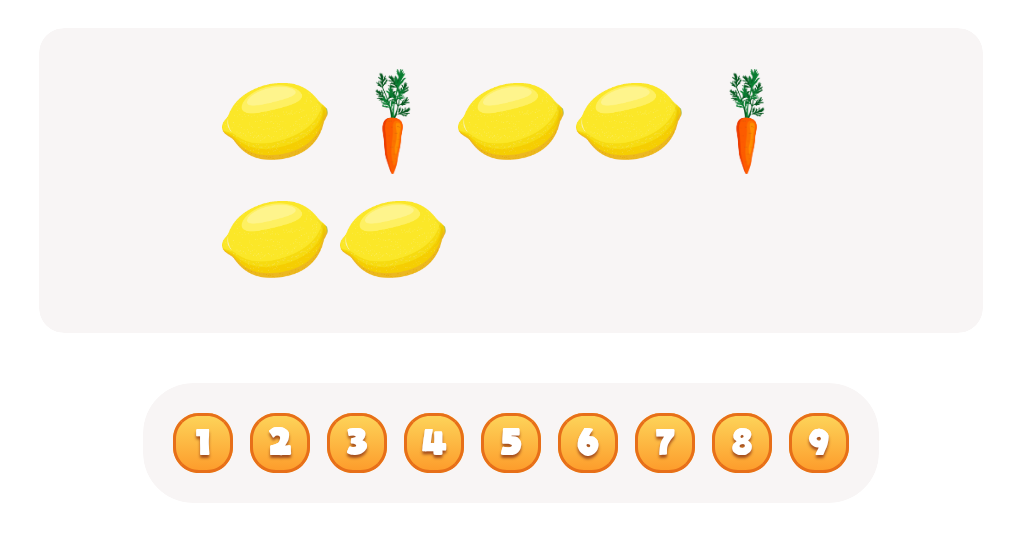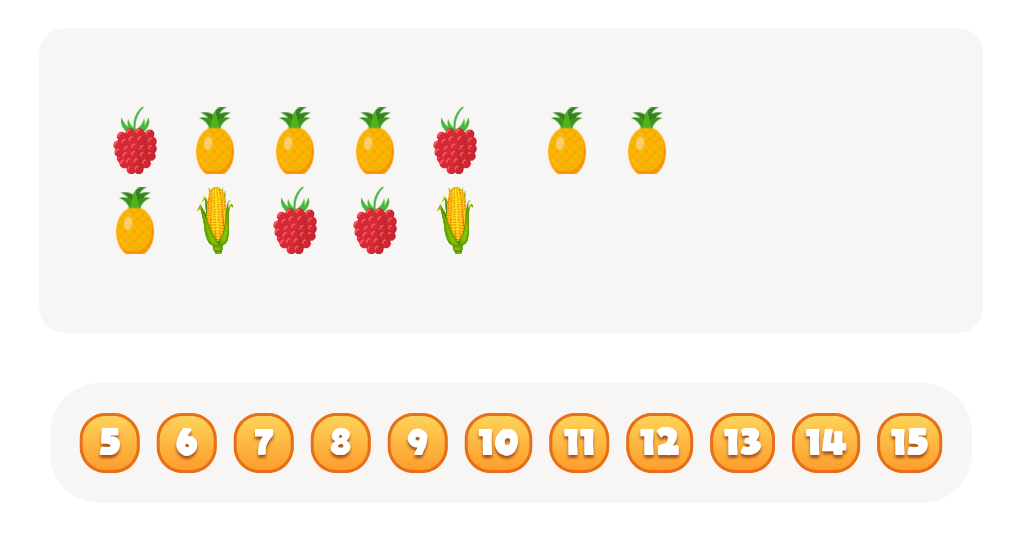Sequencing Skills Plants and Animals Worksheets for Ages 4-7
4 filtered results
-
From - To
Enhance your child's understanding of sequencing with our engaging "Sequencing Skills: Plants and Animals Worksheets" designed for ages 4 to 7. These interactive worksheets encourage young learners to organize images and activities related to plants and animals, fostering critical thinking and comprehension. As children identify the correct order of processes such as plant growth or animal life cycles, they develop vital sequencing skills essential for early learning. Perfect for at-home or classroom use, these worksheets make learning fun and effective, ensuring your child gains confidence while exploring the fascinating world of nature. Download and start the adventure today!
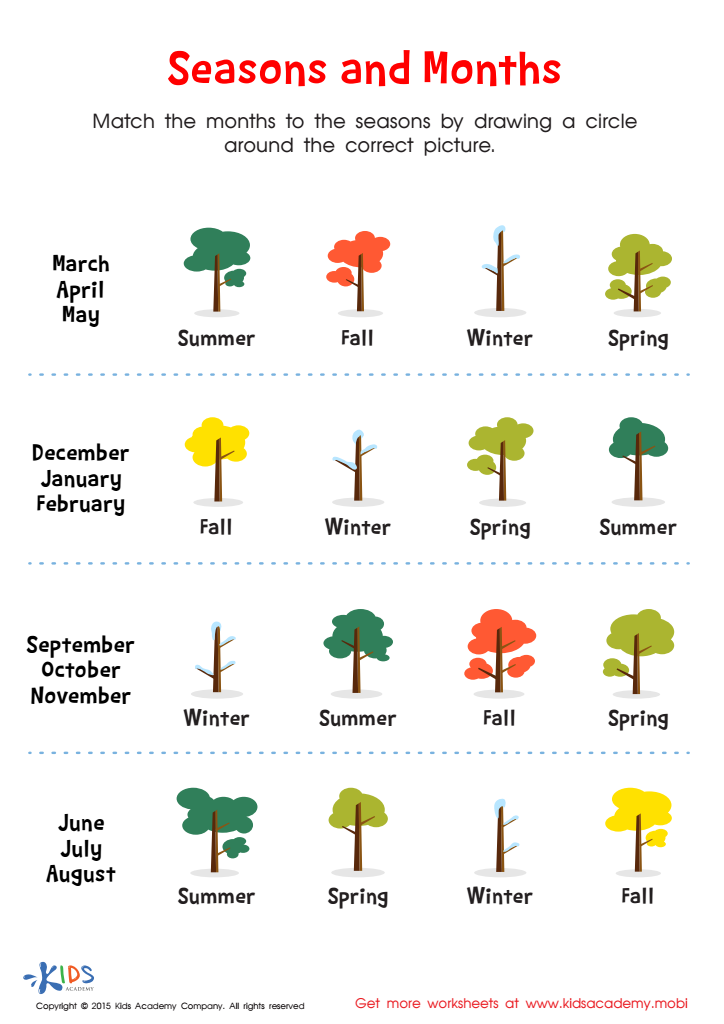

Seasons and Months Worksheet
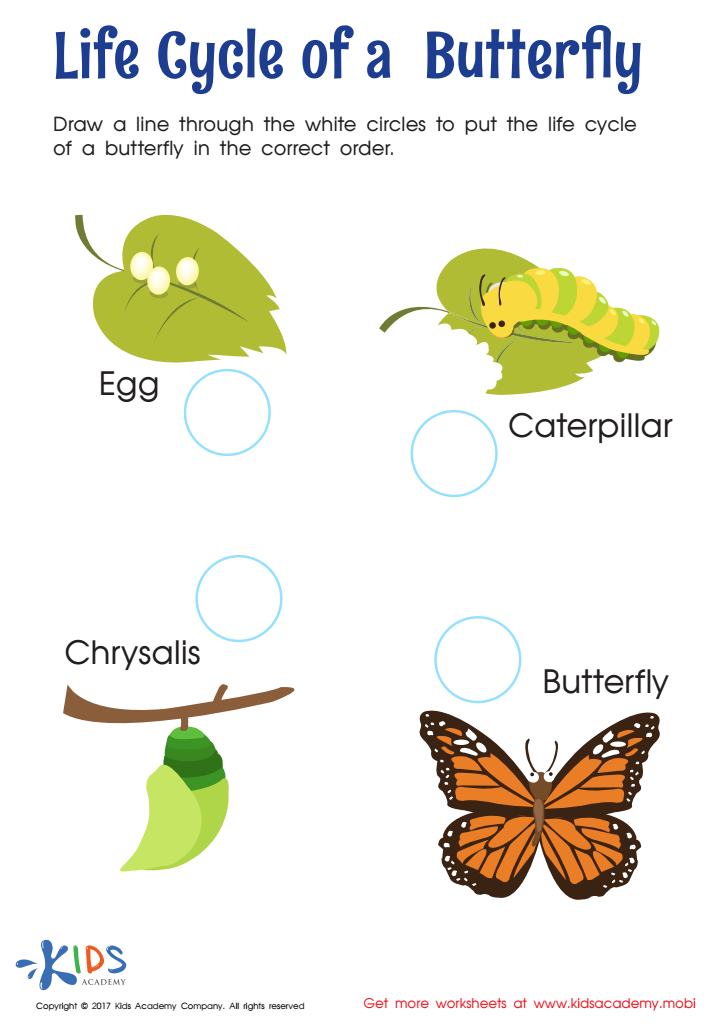

Life Cycle of Butterfly Worksheet
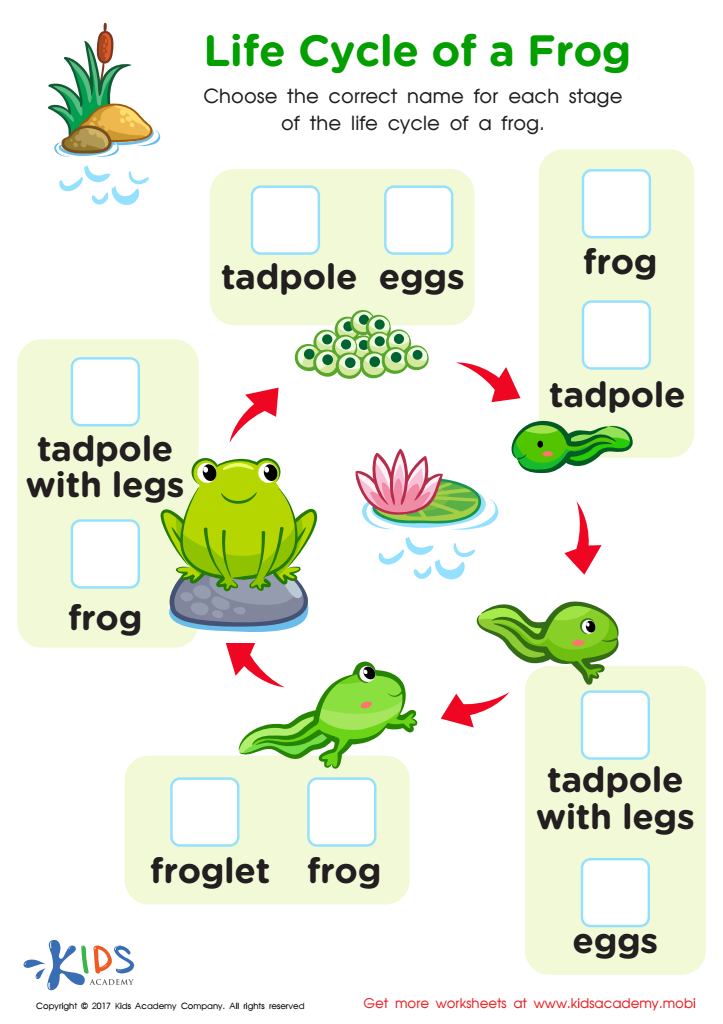

Life Cycle Frog Printable
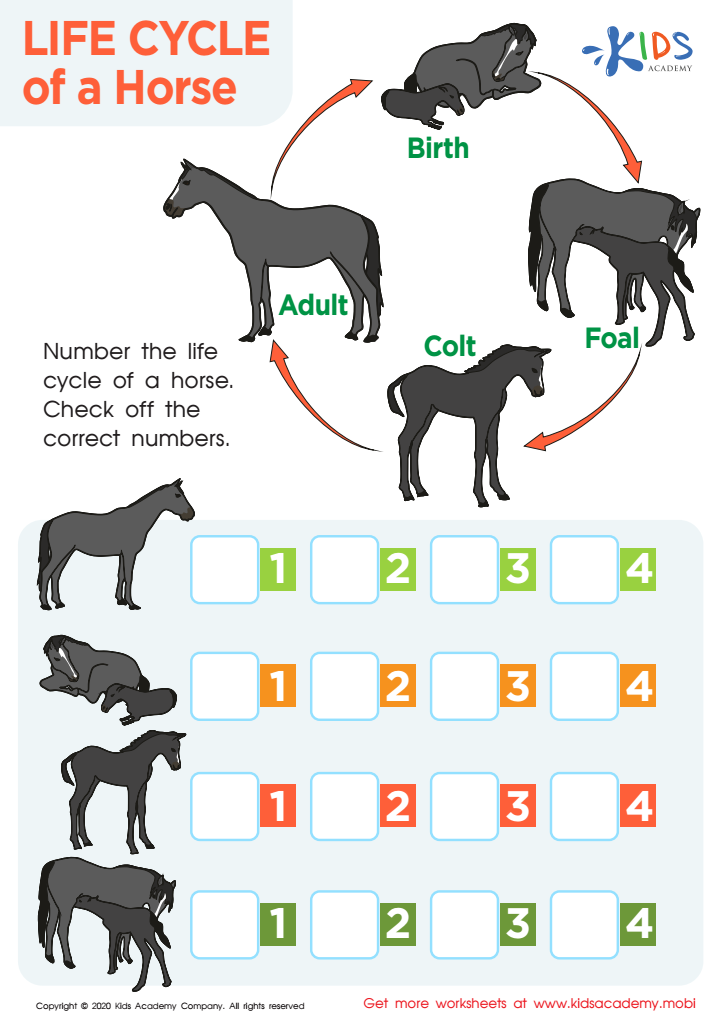

Life Cycle of a Horse Worksheet
Sequencing skills are crucial for young learners, particularly in understanding the concepts related to plants and animals. For children aged 4-7, learning to sequence helps them recognize patterns, comprehend the life cycles of living organisms, and understand processes in a logical manner. By developing these skills, children enhance their cognitive development, fostering critical thinking and problem-solving abilities that are vital for future learning.
When parents and teachers prioritize sequencing skills in the context of plants and animals, they enable children to grasp essential biological concepts. For instance, sequencing the stages of a plant's growth—from seed to sprout to mature plant—helps children understand how living things develop and interact with their environment. Similarly, learning the sequence of an animal's life cycle, such as a butterfly’s metamorphosis, captivates children's imaginations while reinforcing their understanding of change and cycles in nature.
Moreover, these skills contribute to literacy development. As children learn to organize information, they improve their ability to tell stories and articulate their thoughts coherently. In fostering sequencing skills through engaging activities, such as storytelling, sorting, or hands-on experiences involving plants and animals, parents and teachers lay a foundation for holistic learning that nurtures curiosity, scientific understanding, and communication skills.

 Assign to My Students
Assign to My Students
